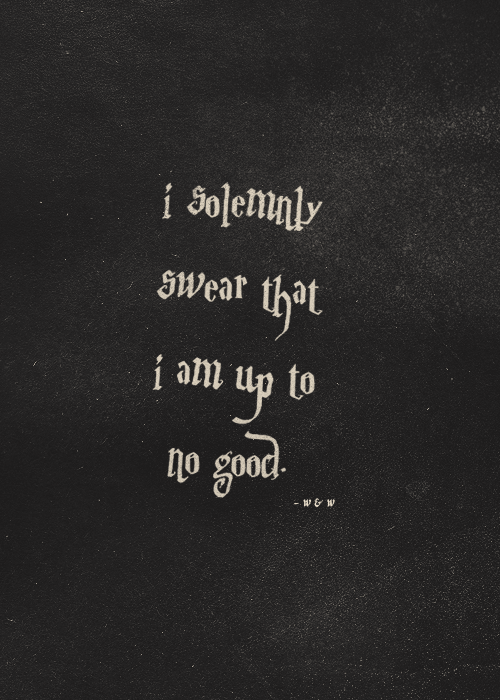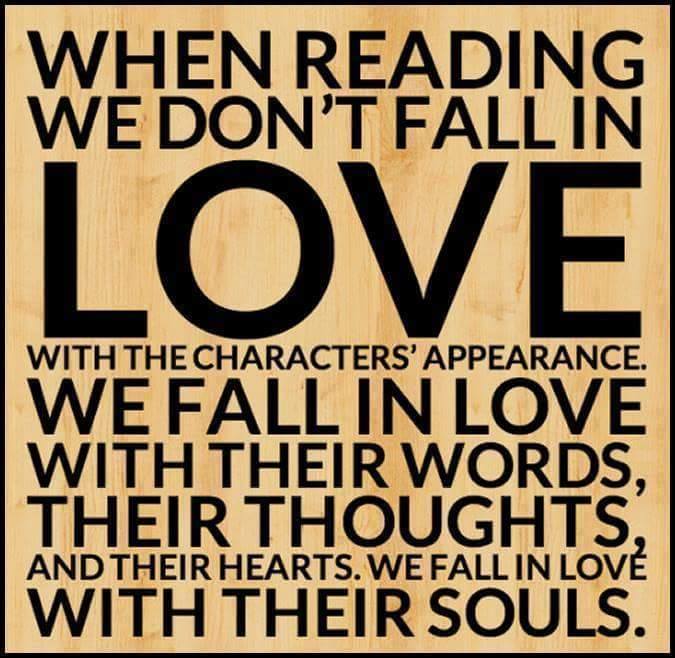Hello lovely readers,
To start off with, I know it’s been a long while since I’ve done a post just for the sake of posting, I know. My life is crazy. I’ve mentioned before that I have some serious health issues that can keep me down. Well, between that, graduation last may, and just day-today stressors…I’ve been a bit MIA. But I’ve resolved to do better. Reviews, Blog posts, Cover Reveals, and any other type of post I can think of.
While later I’ll be doing some catchup with some reviews (they’ll be shorter and sweet), right now I wanted to talk about something else. On Instagram, I’ve been participating in a Photo Book Challenge, yesterdays was Fiction. While Fiction is a broad genre, what I truly think about is world-building.
Now all books should have original plots, engaging characters and good development, but fiction, fiction truly depends on the world the author creates for it. A weak world, and the whole story could unravel with a simple tug, like loose thread.
Do Not Let Your Work have Loose Threads!!
This is especially important for Fantasy and Science-fiction writers.
What type of world is it? What is it’s history (even if it’s not relevant to the story or included every world needs a history and knowing it will help you build a more realistic universe for your story and characters)? What do the building look like? Are there buildings? What does it smell like? is it industrial? What sounds are there? Animals?? Plants? Technology? Every minute detail should be clear in your head find pictures online, or draw some to help reference.
Just as your characters should have rock solid descriptions, personalities, pasts, and trademarks, so should this environment that they inhabit.
Don’t forget to keep an eye out this month for a post and Review on Legend by Katy Evans and he Syndicate by Sophie Davis!!
~And Let the Ink Run Free














